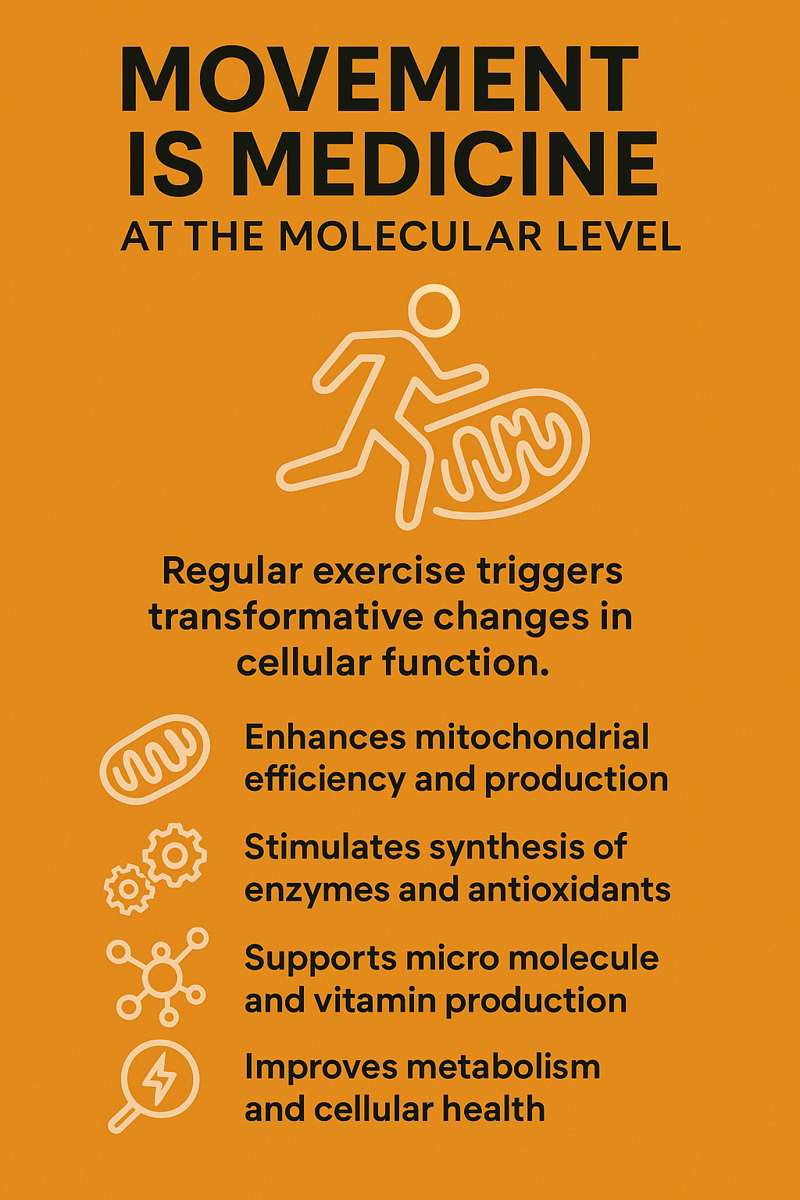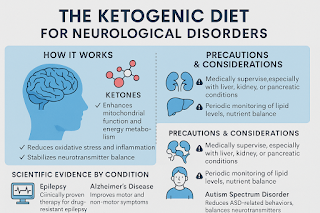In today’s wellness-conscious world, we often hear that “you are what you eat.” While nutrition plays a pivotal role in health, just eating right is not enough to stay healthy. Health is not one-dimensional—it’s a multi-layered experience that involves your mind, body, emotions, environment, and habits.
In this blog, we’ll uncover why a balanced diet alone can’t guarantee long-term wellness and what more you need to integrate into your daily life for true holistic health.
🥗 1. Nutrition Is Only One Pillar of Wellness
A balanced diet filled with nutrients, fiber, and hydration is essential—but it is just one piece of the puzzle. Holistic health is about aligning all dimensions of wellness:
-
Physical
-
Mental
-
Emotional
-
Spiritual
-
Social
-
Environmental
-
Occupational
-
Financial
-
Intellectual
Neglecting any one of these can cause imbalances that even the healthiest diet can’t fix.
2. Mental and Emotional Health Impact Physical Health
Even if you eat perfectly, chronic stress, anxiety, or suppressed emotions can trigger inflammation, hormonal imbalances, and digestive issues. Cortisol (the stress hormone) affects how the body stores fat, absorbs nutrients, and maintains energy levels.
🌿 Mindful practices like meditation, journaling, and breathwork are just as important as eating greens.
3. Poor Sleep Can Cancel Out a Good Diet
You might be eating clean, but if your sleep is poor, your body can’t repair tissues, balance hormones, or detoxify efficiently. Sleep deprivation increases cravings, especially for sugar and carbs, leading to unintentional unhealthy eating—even when you “eat right.”
✅ Prioritize 7-8 hours of deep, quality sleep every night.
4. Lack of Movement Slows Down Health Goals
Eating right but staying sedentary? Your body still suffers.
Regular physical activity:
-
Improves metabolism
-
Enhances mood
-
Supports cardiovascular and bone health
-
Reduces the risk of lifestyle disorders
Tip: Aim for at least 30 minutes of daily movement—be it yoga, walking, strength training, or dancing.
5. Environmental Toxins and Lifestyle Habits Matter
You may eat organic food, but if your environment is full of pollutants, chemicals, and stress, your body’s detox system gets overwhelmed. Similarly, excessive screen time, smoking, alcohol, and negative social media exposure also affect your overall well-being.
🔍 Holistic detox involves more than just food—it’s about cleaning your life too.
6. Spiritual & Social Wellness Are Often Ignored
Meaningful connections and a sense of purpose are nutrients for the soul. Isolation, disconnection, or a lack of self-awareness can lead to depression, anxiety, or unhealthy habits—even if your food choices are perfect.
🕊️ Nourish your inner self with meditation, prayer, gratitude, and positive relationships.
✅ What You Should Focus On (Beyond Just Eating Right)
Here’s a holistic checklist for well-being:
🔹 Eat balanced, seasonal, and mindful meals
🔹 Stay physically active daily
🔹 Sleep 7-8 hours regularly
🔹 Practice stress management techniques
🔹 Cultivate positive relationships
🔹 Limit screen time and tech overload
🔹 Engage in personal growth and hobbies
🔹 Create a toxin-free home and work space
Your health is the sum total of your daily choices, thoughts, emotions, environment, and habits—not just your diet. A healthy lifestyle is a conscious integration of body, mind, and soul practices. So, if you’ve been eating right but still not feeling your best, it’s time to expand your wellness vision.
🌐 Want to embrace holistic health?
Explore customized wellness plans at www.draneetaverma.com – where food, fitness, emotional healing, and spiritual alignment come together for complete well-being.









